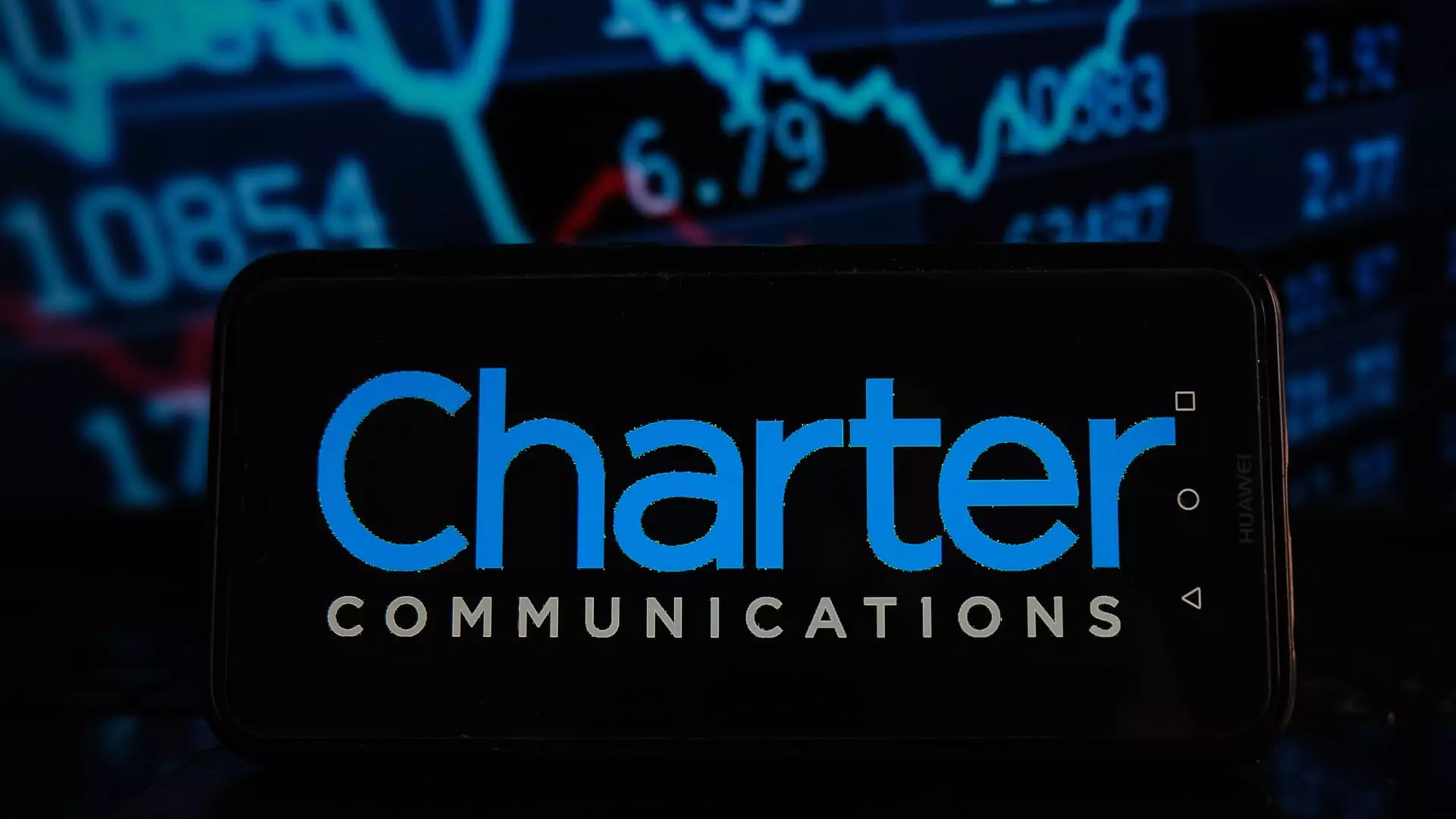The recent merger between Charter Communications and Cox Communications marks a pivotal moment in the U.S. broadband industry, one that has been characterized by fierce competition and relentless innovation. With the agreement valued at an astounding $34.5 billion, it seems that the stakes have never been higher. On the surface, this merger represents a strategic maneuver aimed at asserting dominance in an ever-evolving market; however, for consumers and the public at large, the implications are far from clear-cut.
While corporate giants usually assert that mergers will lead to efficiencies and better services, skeptics must consider the potential negative ramifications on competition and consumer choice. By bundling Charter’s extensive network of 30 million broadband customers with Cox’s sizable clientele, the new entity risks creating a monopolistic hold over broadband services, which is particularly concerning as alternatives like 5G wireless internet gain traction. As consumers are increasingly pulling away from traditional cable offerings, this deal raises a fundamental question: will consumers benefit from enhanced services or face the brunt of reduced competition?
The Hidden Costs of Consolidation
At the heart of this merger lies a troubling trend in corporate America — the relentless pursuit of scale at the expense of the average consumer. Charter’s aggressive pricing strategies wonderstuck many observers while managing to retain a semblance of market share. Yet, as the competition from mobile and alternative internet services continues, one has to wonder if consumers will just have to settle for whatever the newly-formed company decides to offer.
As formidable as they may appear, Charter and Cox will need to demonstrate that their combined network will not just aim to foster profit margins but will also pave the way for long-overdue improvements in customer service and technological investment. After all, the promise of cost synergies totaling $500 million within three years raises eyebrows: how will these savings translate to better, faster, or more reliable service for the end user? This is especially relevant when considering that cable companies have been notorious for charging high prices for mediocre service.
Leadership Hierarchies and Corporate Culture
The management structure proposed after the merger provides a tantalizing look into the motivations behind corporate mergers: consolidation of power. With Charter’s CEO Chris Winfrey slated to be at the helm, while Cox’s Alex Taylor assumes the role of chairman, it is hard not to feel that the steering wheel is being placed in the hands of the elite few. The perception that business executives, rather than the collective will of consumers or civic responsibilities, dictate the direction of service and quality raises ethical concerns.
Moreover, it must be noted that the merger will bring with it a dilution of community engagement. Charter’s footprint spans 41 states, while Cox, with its traditional community ties, will diminish as it becomes enveloped in a gargantuan corporate entity. Local accountability risks being replaced by a disconnected corporate bureaucracy.
Consumer Sentiment Towards a Monopolized Future
As the dust settles on the merger, it becomes critical to consider how public opinion shapes corporate futures. In a climate where many consumers feel trapped between limited choices and high prices, public sentiment may sway heavily against the merger. The aspirational narrative crafted by corporate leaders can only go so far; the reality of stagnant innovation and inadequate service is palpable and serves as a stark reminder that consolidation is often propelled by power rather than progress.
Moreover, consumers increasingly possess the tools to advocate for themselves in this rapidly changing ecosystem. As awareness grows about the negative consequences of such mega-mergers, individuals may seek alternative internet services tailored to their needs, undermining the very stability that Charter and Cox aim to achieve.
In a world where consumer choice is already being slowly suffocated, the merging of these two corporate behemoths is likely to stir resentment. While corporate powerhouses preach about synergies and efficiency, the quest for dominance often leads to a singular narrative that dismisses the genuine voices of consumers—those who ultimately pay the price. As Charter and Cox embark on this new venture, it begs the question: will the roar of their combined might drown out the needs and voices of everyday people?

